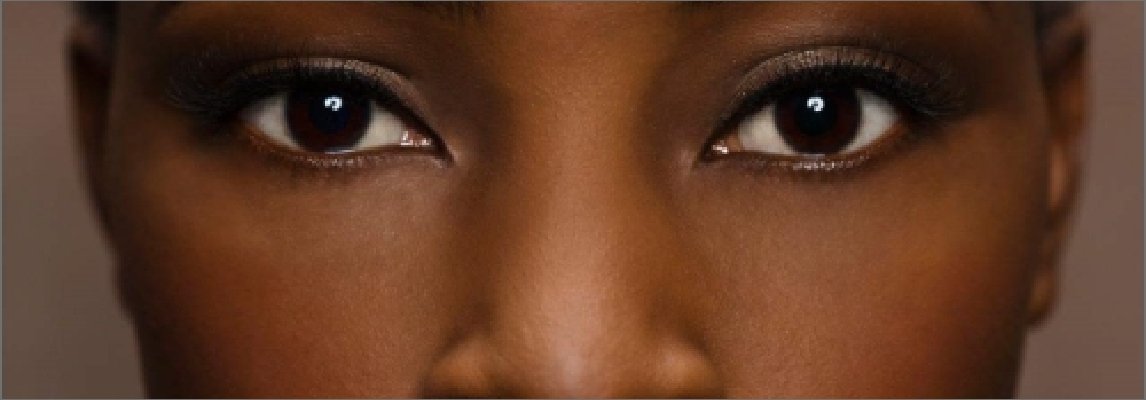Women And People With Darker Skin Suffer From The Psychological Effects of ACNE

Women and people with darker skin suffer disproportionately from the psychological effects of acne and, according to researchers at UC Riverside, are calling for a more aggressive approach to treating acne not only from a dermatological point of view, but also to cope with the psychological stress.
"Acne is ubiquitous, physically harmless and painless, so all too often we underestimate its effects as the fundamental nuisance for adolescence and puberty," study author and UCR psychology professor Misaki Natsuaki, PhD, said in a press release.
According to the study's authors, the psychological effects of acne in adolescents are often "toxic". The researchers allude to the prevalence of acne in teenagers, with 20% suffering from moderate to severe acne and 85% suffering from recurrent seizures.
"Acne can leave psychological scars, especially in adolescence, when physical appearance becomes more pronounced for self-esteem and the internalization of psychopathology such as depression becomes more important," Natsuaki said in a press release.
Numerous studies have shown the direct links between acne and depression, anxiety and thoughts of suicide. According to the study's authors, teenagers with acne have greater difficulty making friends, finding romantic partners, and feeling connected to school.
When 65% of teenagers showed a picture of a teenage boy with facial acne, they said the first thing they noticed was skin. However, in a picture of a teenager with clear skin, the teens said they only noticed the skin first 14% of the time. Young people attributed characteristics such as "nerdy", "stressed" and "lonely" to acne sufferers.
Further research has shown that women have a higher rate of negative psychological effects than men.
"Aesthetic ideals for clear and flawless skin are represented by both sexes," the researchers wrote in their recent article, "Adolescent Acne and Disparities in Mental Health," published by Child Development Perspectives. "But women are under more social pressure than men to achieve these ideals."
In addition, darker skinned teenagers, many of whom are from ethnic minorities in the United States, are likely to experience disproportionate effects from acne due to the increased post-acne scars and post-acne hyperpigmentation.
The study's authors argue that systems of structural inequality that exacerbate health disparities in the United States further exacerbate acne and related psychosocial burdens in those receiving public health insurance. In addition, the complex health insurance system infrastructure, uneven geographic density of health care providers, and reluctance to provide dermatology appointments for children with public insurance all contribute to these differences, according to the study's authors.
For example, one study found that 29% of dermatology clinics make appointments with children in public insurance, while 96% of children in private insurance have appointments.
"According to dermatology research, the psychological burden of acne is comparable to that of other serious illnesses such as diabetes," study author Tuppett Yates, PhD, said in a press release. "Acne is a disease with definite psychological effects - effects that are not randomly distributed based on gender, skin color and socio-economic status."
Study: acne treatment only addresses half of the problem. UC Riverside. https://news.ucr.edu/articles/2021/02/11/study-acne-treatment-only-addresses-half-problem.

